APUSH Chapter 5 (1770-1775)
1/24
Earn XP
Description and Tags
Personal Studying + Notes
Name | Mastery | Learn | Test | Matching | Spaced | Call with Kai |
|---|
No analytics yet
Send a link to your students to track their progress
25 Terms
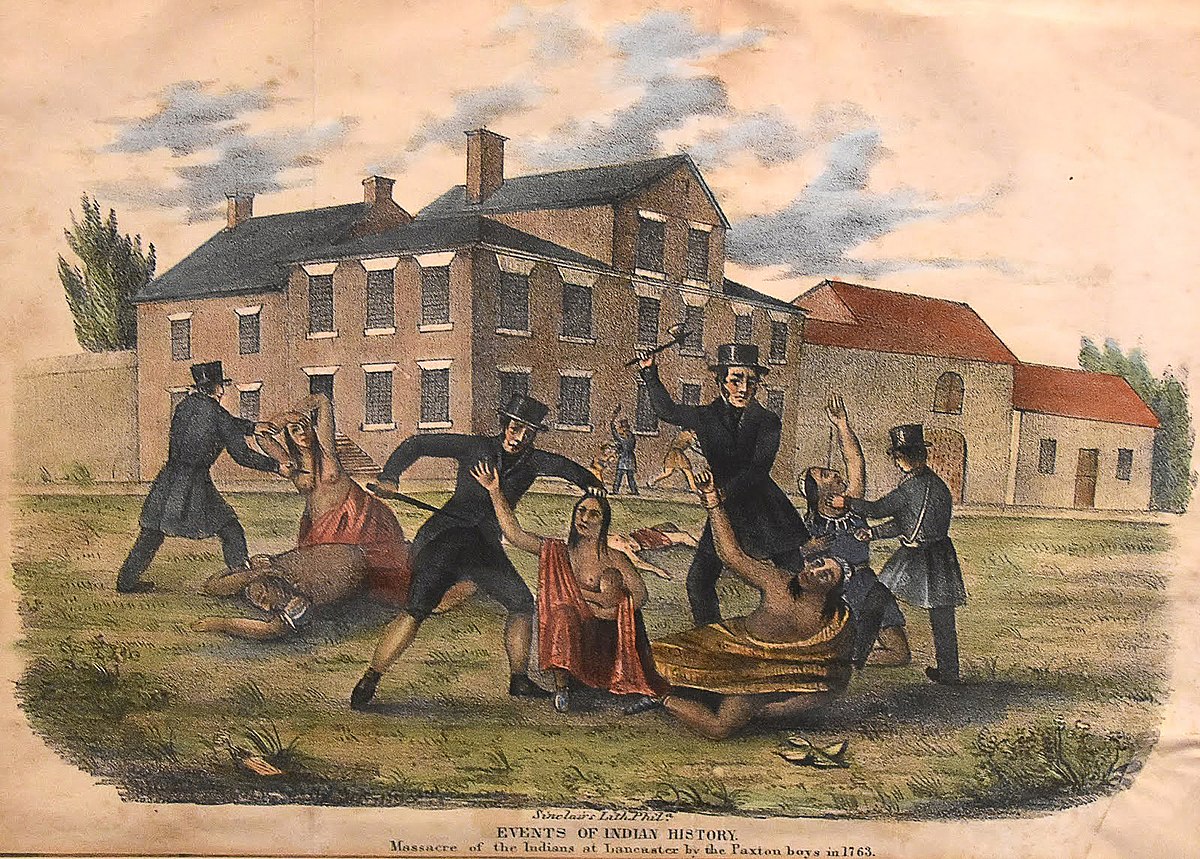
Paxton boys
Scots-Irish led this armed march in Philadelphia in 1764 protesting the lenient policy toward the Indians.
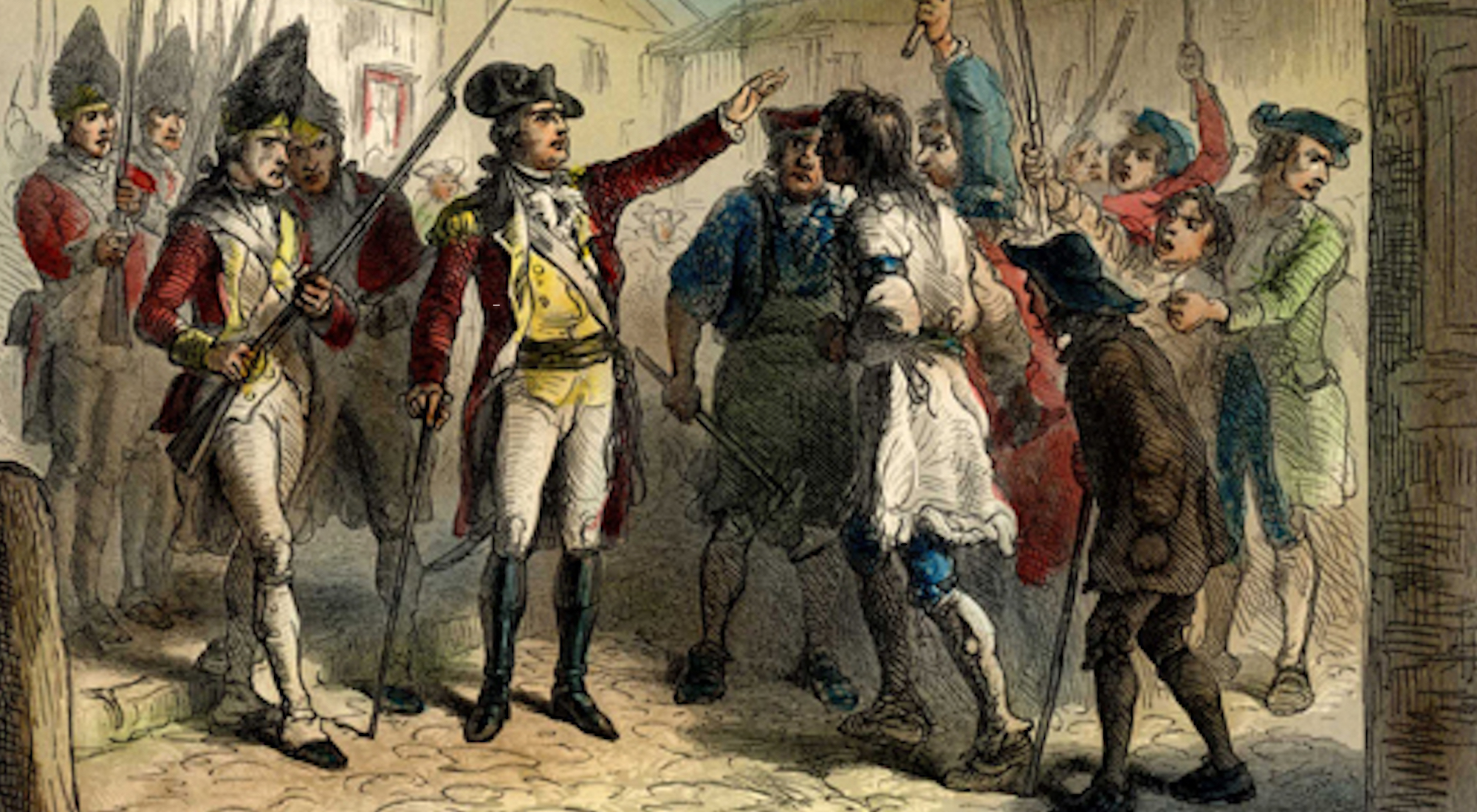
Regulator Movement
The Scots-Irish also led this movement in North Carolina against domination of the colony’s affairs. The uprising in Provincial North Carolina lasted from 1766 to 1771, citizens took up arms against colonial officials, whom they viewed as corrupt.
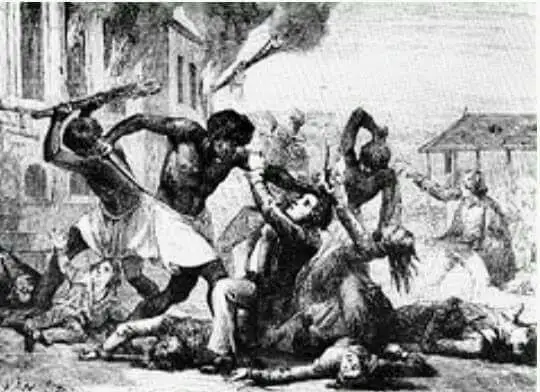
New York Slave revolt
Erupted in 1772, cost the lives of nine whites and the execution if twenty-one blacks, some burned slowly.
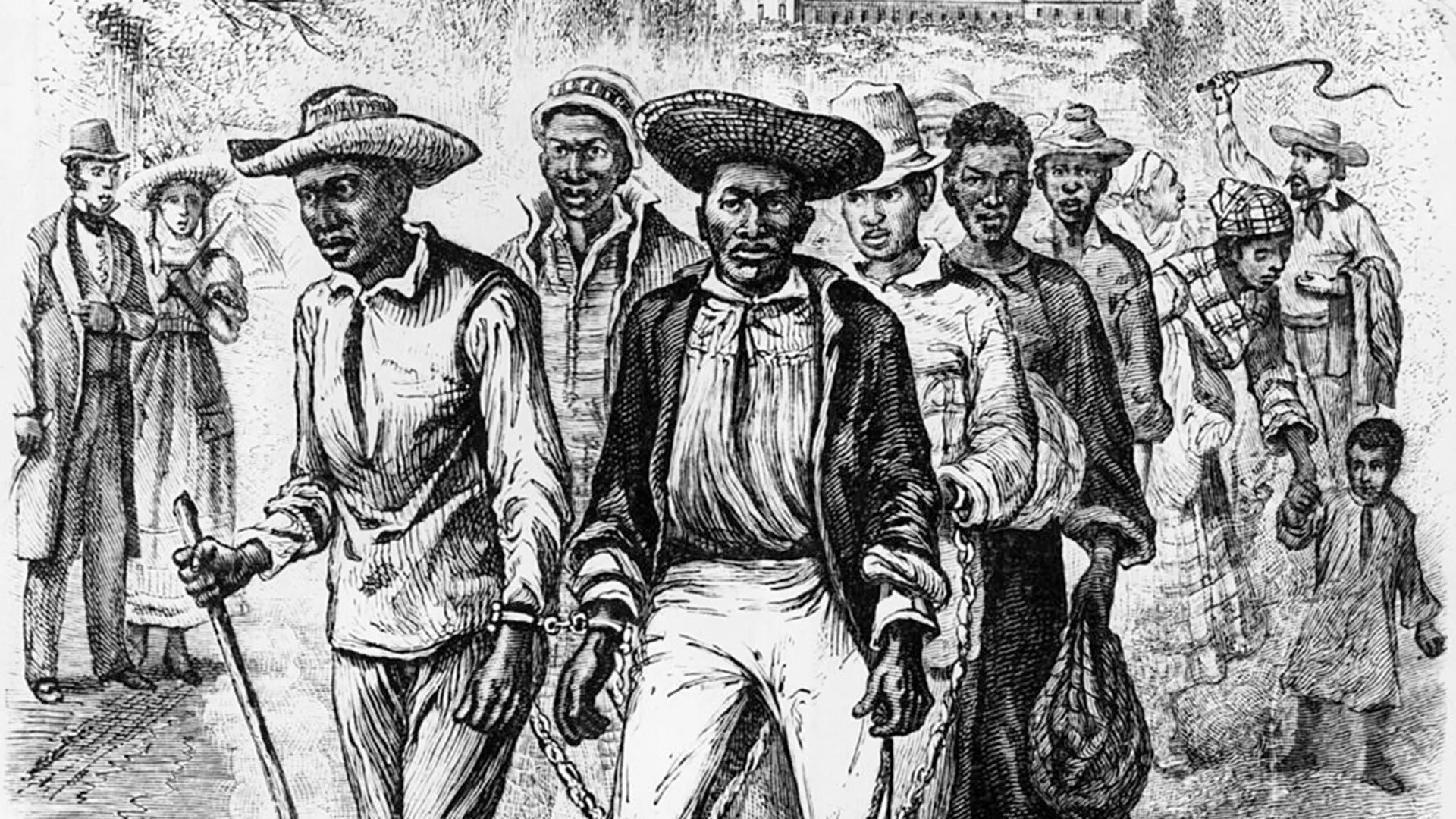
South Carolina Slave revolt/ Stono Rebellion
Largest Slave uprising in the colonies up to that point. 50 resentful blacks along the Stono River killed their keepers and attempted to march to Spanish Florida for their freedom but were quickly captured because they had no idea what direction Florida was.
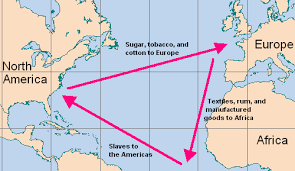
Triangular Trade
Trade route across the Atlantic Ocean to South America, North America and Europe. It involved sailing manufactured goods to Africa, enslaved people to the Americas, and raw materials back to Europe.
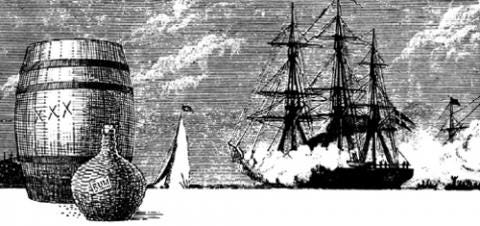
Molasses Act
Act on Molasses (used in making rum and gotten from sugar cane which is gotten from the French West Indies) placed by Queen Mary in 1733. It’s aim was to restrict the colonists’ trade with the French but this backfired because the colonists simply ignored the act by bribing and smuggling around it. The Molasses Act of 1733 was a British law that imposed a six pence per gallon tax on molasses imported into the American colonies from non-British colonies. Its purpose was to regulate trade, not raise revenue, by making molasses from the British West Indies cheaper than molasses from French colonies and forcing colonists to buy from British merchants.
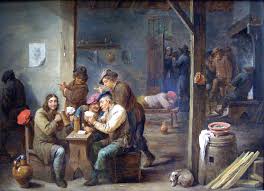
Taverns
Taverns were places of temporal rest along the roadside where men stopped to get alcohol, food and beds for money. They also served as clearinghouses for politics, information, misinformation and rumors.
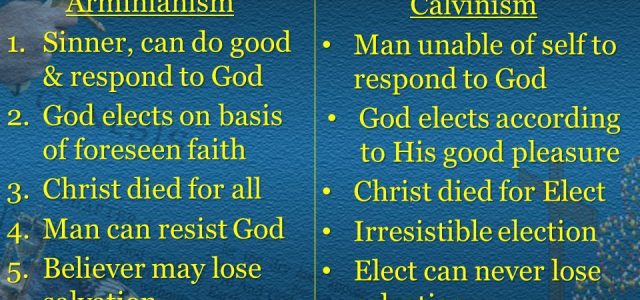
Arminianism
a theological movement that emphasizes human free will in salvation, contrasting with Calvinism's focus on predestination. It was named after the Dutch theologian Jacobus Arminius, who preached individual free will, not divine decree, determined a person’s eternal fate, and that all humans, not just the “elect” could be saved if they freely accepted God’s grace.
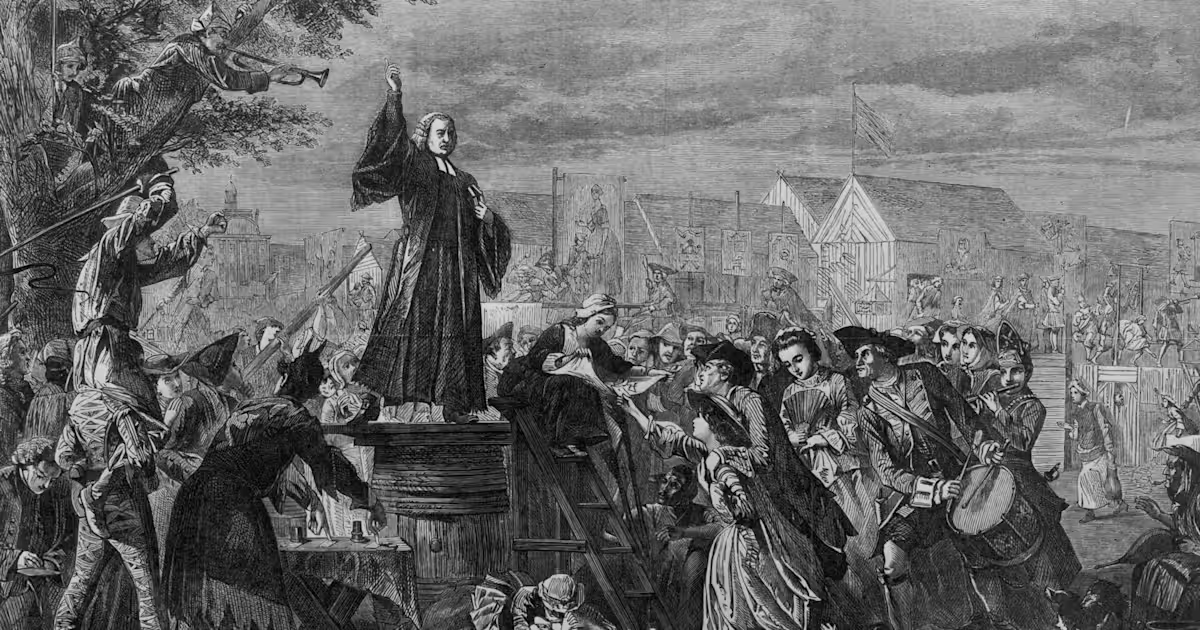
Great Awakening
a period of religious revival in American colonies between the 1730s and 1740s that emphasized emotional, personal religious experience over the rationalism of the Enlightenment (an intellectual and cultural movement). Key figures include George Whitefield and Jonathan Edwards.
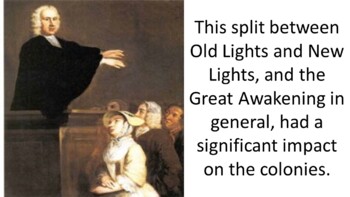
Old lights
Orthodox clergymen who were skeptical of the emotionalism and the theatrical antics of the revivalists. Simply, they were traditionalists who resisted the First Great Awakening's emotional and revivalist preaching
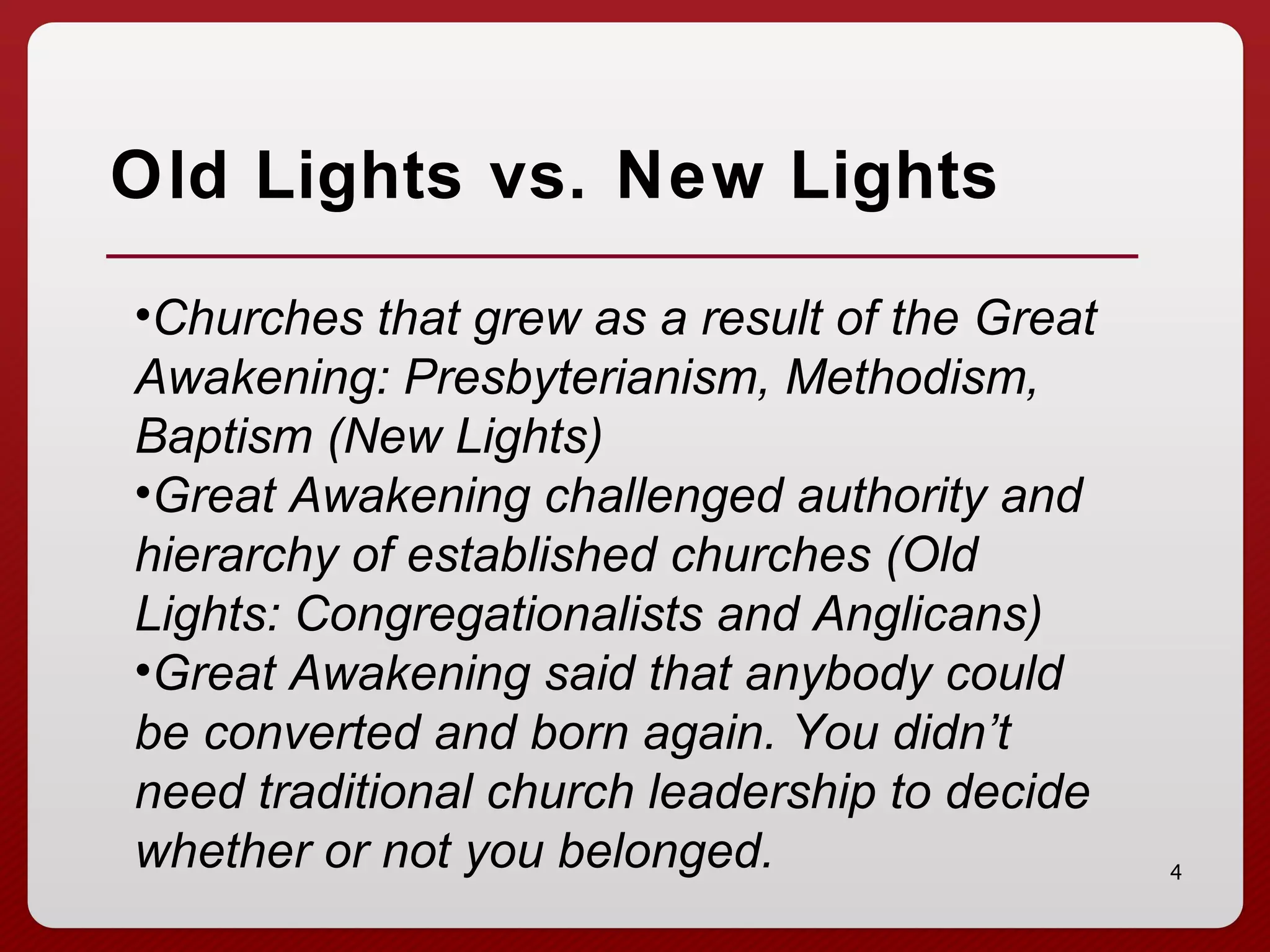
New lights
They were the supporters of the revival, including figures like Jonathan Edwards and George Whitefield.
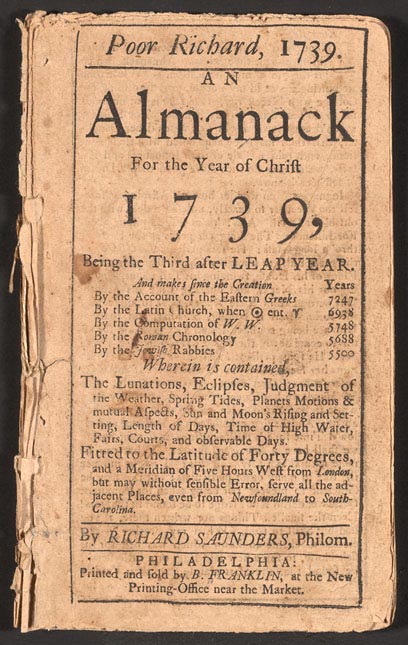
Poor Richard’s Almanack
Poor Richard's Almanack (172-1758) was a yearly almanac published by Benjamin Franklin to provide practical and moral guidance to colonial Americans through an entertaining and affordable annual publication. It combined practical information like weather predictions and recipes with wit and wisdom from proverbs and stories that promoted virtues such as industry, frugality, and self-improvement
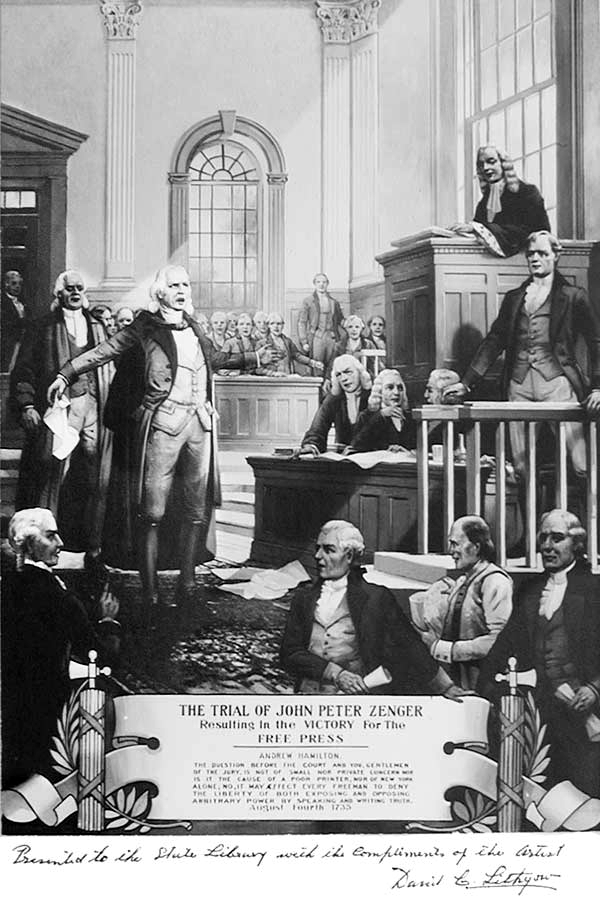
Zenger Trial
Zenger's trial was a 1735 legal case in New York where printer John Peter Zenger was acquitted of libel (publishing false or untrue details) against the colonial governor, William Cosby. Andrew Hamilton’s eloquence won this case and it was an achievement for freedom of the press
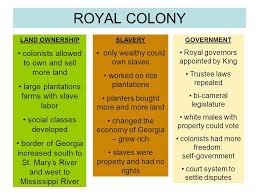
Royal Colonies
Directly ruled by the English monarchy, which appointed a royal governor. Colonies: MA, NY, NJ, VA, NC, SC, GA,NH
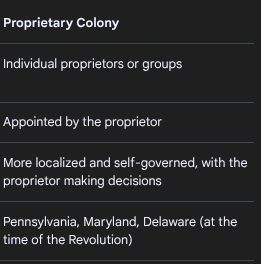
Proprietary Colonies
Granted to and governed by an individual or group of proprietors who had significant autonomy from the Crown. Proprietary colonies: MD, PA, DE. Self-appointed governors colonies: CT, RI.
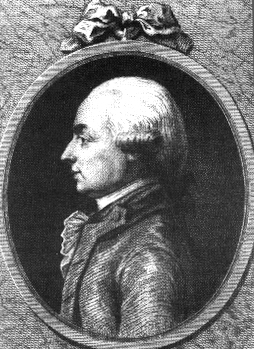
Michel-Guillaume Jean de Crèvecœur
He was the first writer to describe to Europeans the life on the American frontier and to explore the concept of the American Dream.
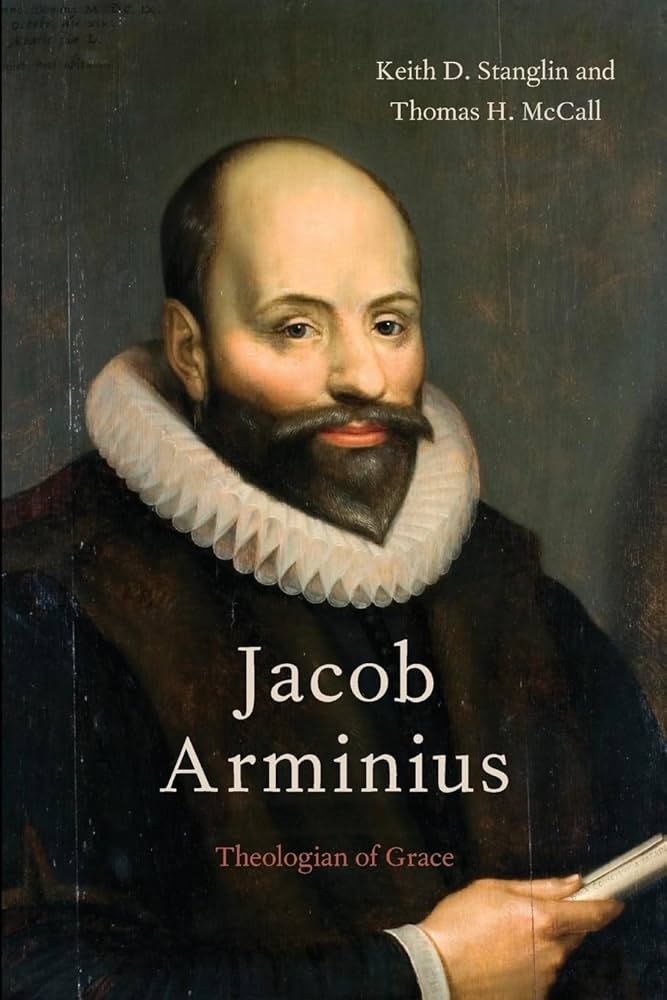
Jacobus Arminius
Jacobus Arminius was a Dutch Reformed minister and theologian during the Protestant Reformation period whose views became the basis of Arminianism and the Dutch Remonstrant movement.
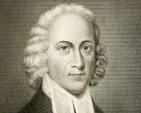
Jonathan Edwards
Pastor who ignited the great Awakening. An important figure in Colonial America, best known for his role as a preacher during the Great Awakening, his prolific theological writings, and his influential role as a philosopher. His preaching, which included the famous sermon "Sinners in the Hands of an Angry God," was instrumental in galvanizing the revival movement and sparking spiritual and social debates across the colonies.
George Whitefield
Evangelist who brought a new evangelical method in America. An English Anglican priest and preacher who was one of the founders of Methodism and the evangelical movement. He impacted the Great Awakening by touring the colonies and preaching his charismatic, emotional sermons to massive crowds, uniting diverse colonists with a shared message of personal, emotional faith and spiritual renewal.
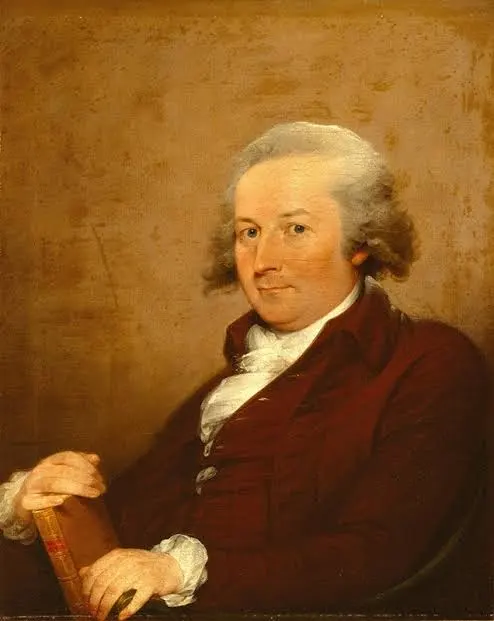
John Trumbull
an American painter and military officer best known for his historical paintings of the American Revolutionary War, of which he was a veteran. He has been called the "Painter of the Revolution".
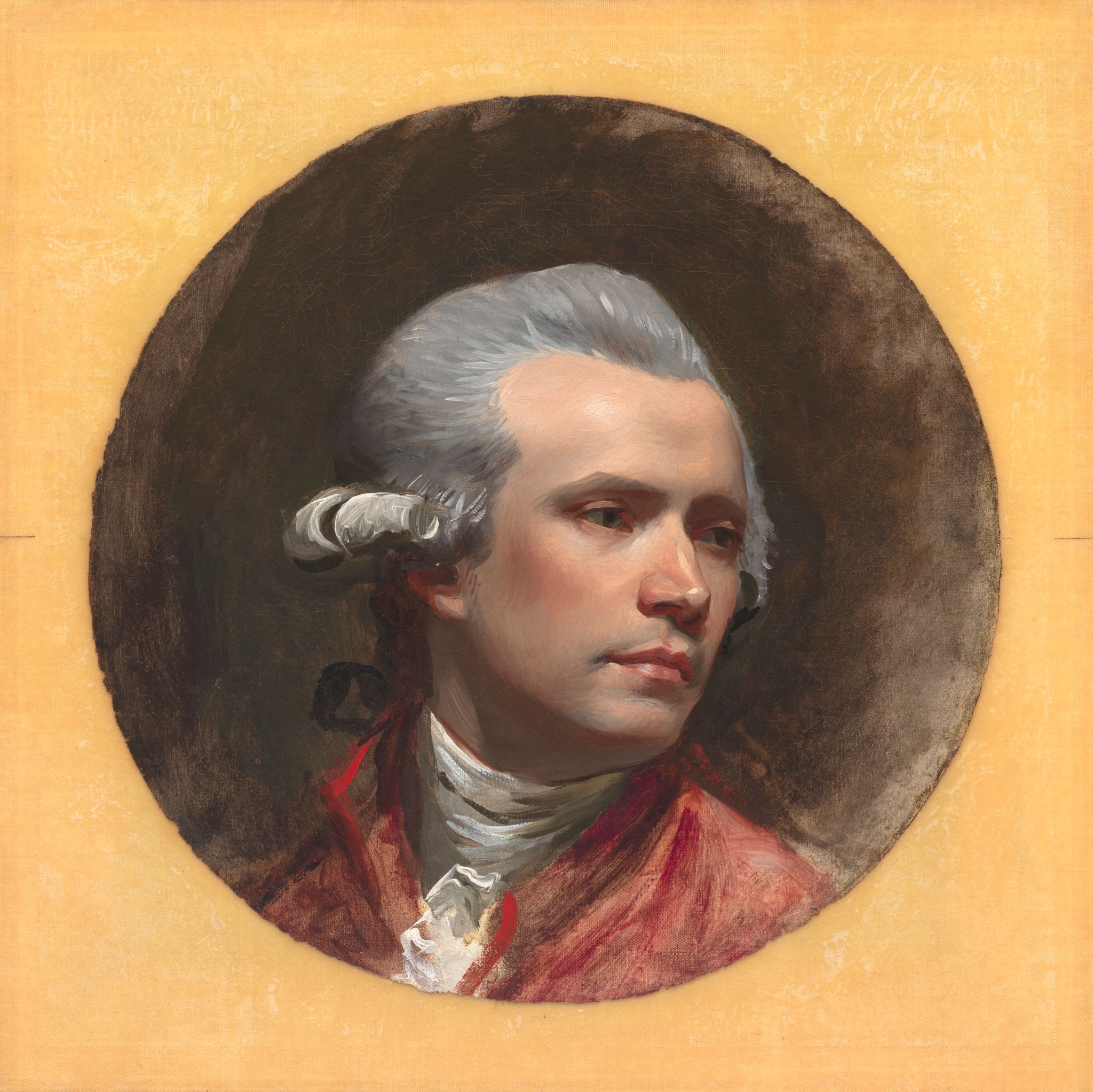
John Singleton Copley
was famous for his masterful portraits of wealthy colonial New Englanders, including figures like John Hancock and Paul Revere, before moving to London in 1774 to paint grand-scale history paintings for a more sophisticated art audience.
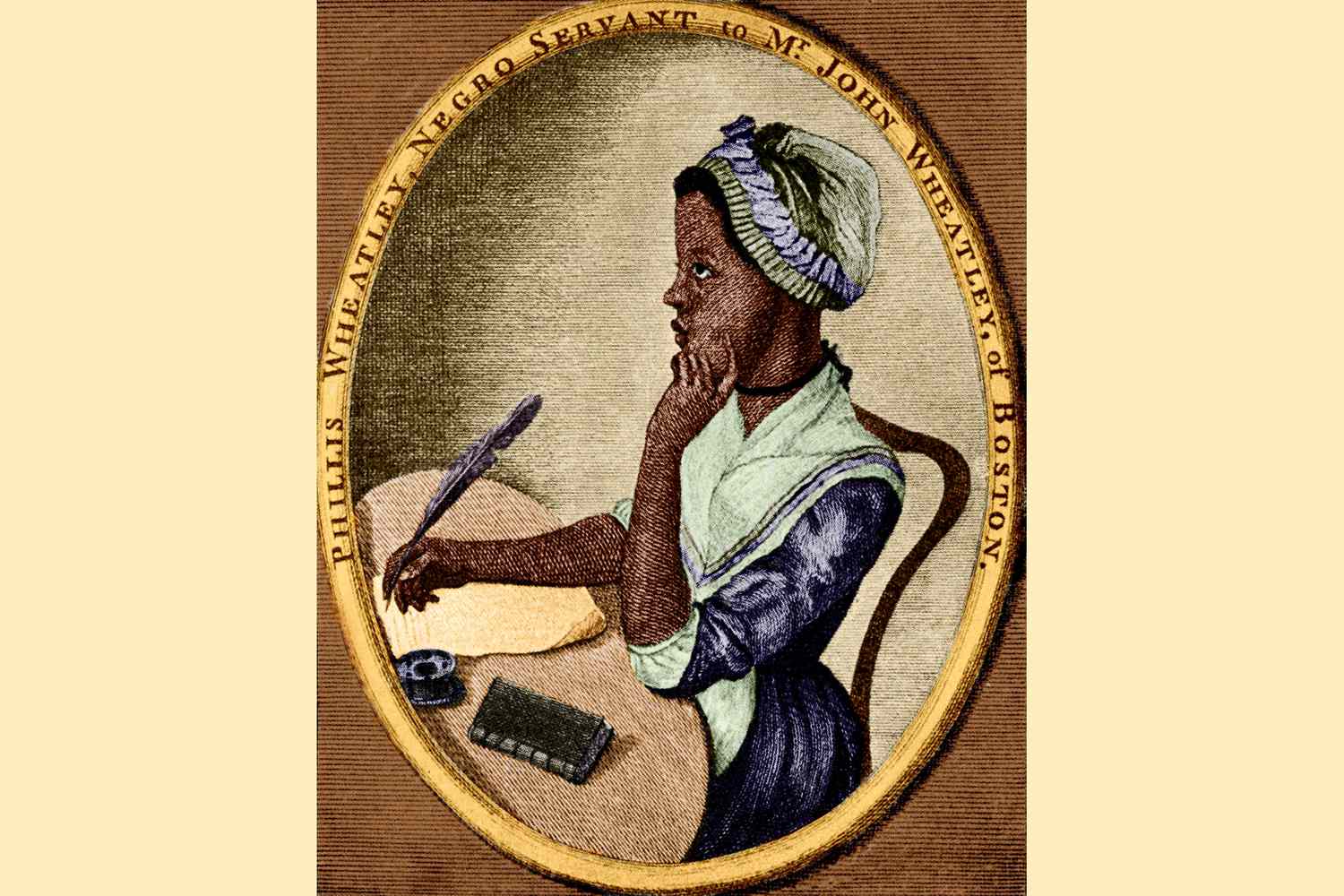
Phillis Wheatley
was famous as the first African American author to publish a book of poetry, becoming a celebrated and influential writer in the colonies.
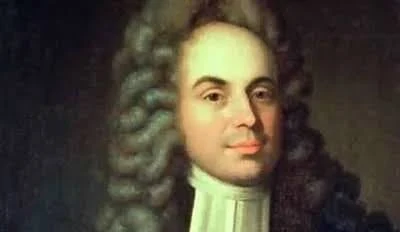
John Peter Zenger
He was accused of libel in 1734 by William Cosby, the royal governor of New York, but the jury acquitted Zenger, who became a symbol for freedom of the press.
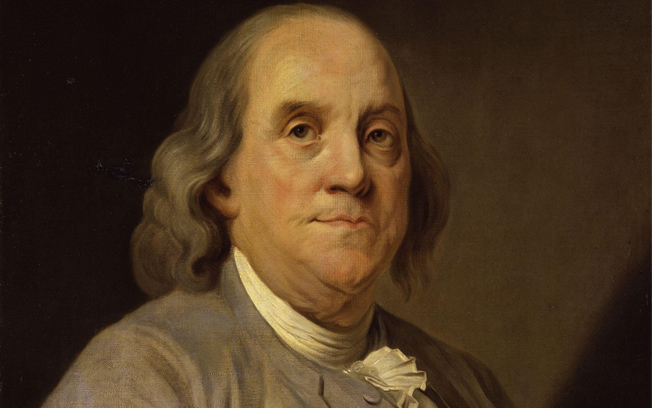
Benjamin Franklin
(At this point) He helped launch the University of Pennsylvania, the first college free of denominational control.

Andrew Hamilton
He took over the defense of John Peter Zenger when Zenger's lawyers were disbarred for political reasons. He was able to sway the opinion of the court to “not guilty”.